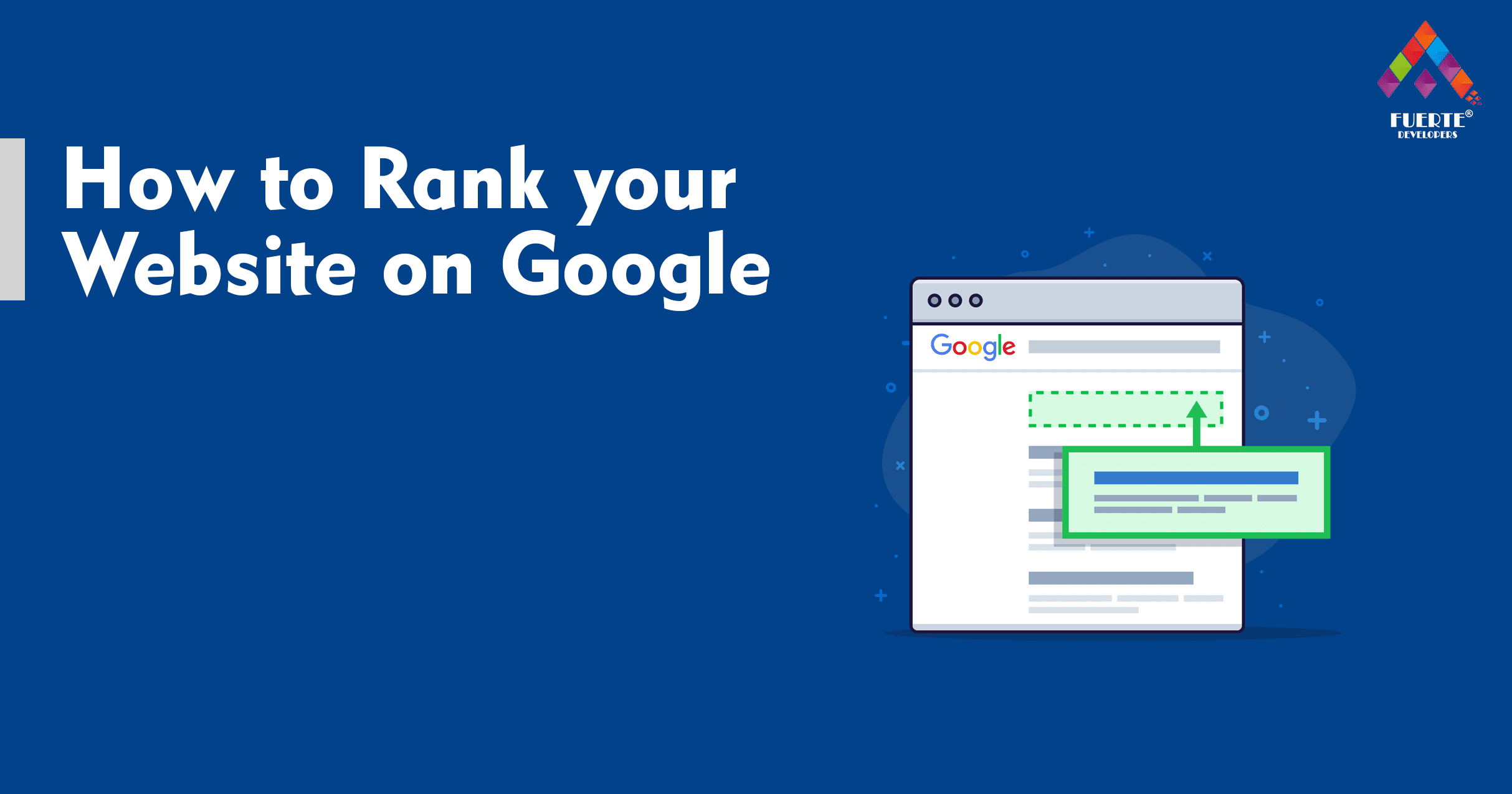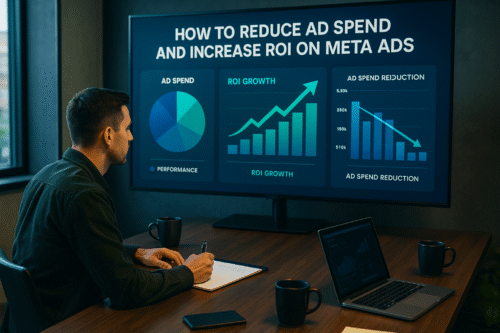If you want to know how to rank your website on Google through SEO, whether you’re a blogger, on the path of Digital Marketing, or a business owner, this article is for you. To rank on Google means to be among the top sites displayed on the results’ page when someone searches for a keyword that you are ranking for. This is very important for traffic, as sites on the first and second pages of Google search results get the most clicks and other sites hardly get traffic.
So, how do you rank your website on Google? SEO and Ads. And what are those?
Search Engine Optimization (SEO)

According to Wikipedia, Search engine optimization (SEO) is the process of growing the quality and quantity of website traffic by increasing the visibility of a website or a web page to users of a web search engine. And this needs to be done without paid ads to qualify as SEO. SEO is focused on organic search or natural search.
SEO is a very wide and technical topic, in this article, we’ll try to talk about what really matters and how to do SEO easily in some steps.
Do Keyword Research-SEO
People search for certain things more, and Google keeps a tab on that.
Using tools like UberSuggest and Google Trends, you can find what keywords people are searching more and how difficult it is to rank for particular keywords, you can even compare multiple seemingly good keywords and know which one is searched for the most. The more a keyword is being searched for, the more people are interested in it, and the higher the chances of getting your website discovered by users when you use it.
One important thing to note is that some keywords, though they have many searches, are difficult to rank with because other websites with more authority on the web are ranking for it too. The best way to go about this is to use long-tail keywords, for example, if the keyword, “African Map” has 500+ searches (that’s high!) But also has a high difficulty, you could use the keyword “African Map Errors.” and sprinkle “African Map” here and there in your content.
After your research, write the keywords and long-tail phrases you have chosen down.
Check Competition-SEO
Now you have a list of keywords and long-tail phrases, you should check who else is ranking for those keywords on Google.
The easiest way is to search for the keyword, every website with relevant content on the first and second page on Google is your competition.
Click on the sites and read the articles, note what could be presented better, the organization, and how long the article was. You could also check their Domain Authority on UberSuggest, so you’ll know what you’re up against.
Help Web Crawlers
After all your hard work, if you don’t help the bots, you’ll fail. Search engines have web crawlers that crawl websites to index them, so you need to help them categorize and rank you properly.
You can do this in these easy steps:
- Use your keywords profusely in your headings and subheading.
- Make it easy for keyword-rich content to be discovered. You can do this by reducing navigation technicality. Yes, actually make it easy for your content to be found by people.
- Keep URLs short and relevant.
- Caption all images (in HTML of possible or on the surface of the image) and transcribe all videos.
- Do social media marketing: If everyone is talking about your site, then bots find out and rank you higher.
Social Media Marketing

The divide between the web and social media is hardly there, both are now organically intertwined and bots have taken this into consideration to rank websites. Ask people to share your content if they found it helpful and make it easy for them to do so from your website.
If your brand already has a social media presence, you could make interesting, valuable posts and link to your website for more information.
Increase Domain Authority
Earlier something was said about Domain Authority. Bots take sites with high Domain Authority scores seriously. You can see Domain Authority as a measure of how relevant your website is to a particular industry. To increase Domain Authority, you need to consistently post relevant content in your niche that people are talking about/sharing on social media and other websites they are linking to. About other websites linking to yours, these are called backlinks, and it is very important for Domain Authority. The way to do this is to consistently post clean, relevant, SEO content from your niche on your website.
You could also ask people you know with nice websites, to link to yours and link to theirs too.
Authority Marketing
Now you’re an authority, you could make yourself known to other brands in your niche by joining and participating in their online forums on Reddit and Quora to mention a few. If offline meetings for your niche exist, attend them, and maybe get to speak on an interesting topic and drop your website address for more information. All these will amplify your presence on the web and get people talking about your brand.
Measure
With all said and done, you need to measure your SEO progress periodically using web apps like UberSuggest and Google Analytics. Also compare web impressions, backlinks, and other metrics with those of competitors. If you want to check how much you ranked for a particular keyword then check out this article on MonitorBacklinks.
That’s it for Search Engine Optimization (SEO). Let’s talk briefly about Paid Ads.
Paid Advertising
While many people have resorted to blocking ads, it doesn’t mean that this has no worth to rank online. Ranking using ads comes in many forms from paying for ad spots on social media like Facebook and Instagram to placing ad banners on other websites and sending promotional emails using apps like MailChimp, but the most effective is Search Engine Marketing (SEM).SEM involves paying a search engine like Google, Ask.com, or Yahoo, to be on the first page, Google marks such content as ads and combines SEO with SEM in cases like this, so if your content is not relevant, then even with SEM you may not rank.
If you follow these steps and consistently give valuable content in your niche, then there’s no stopping your site from ranking on Google.






